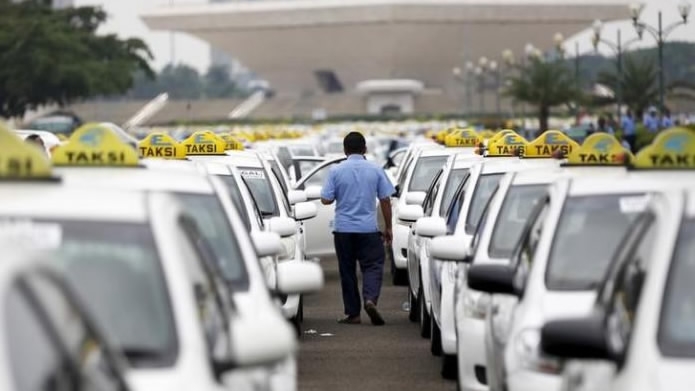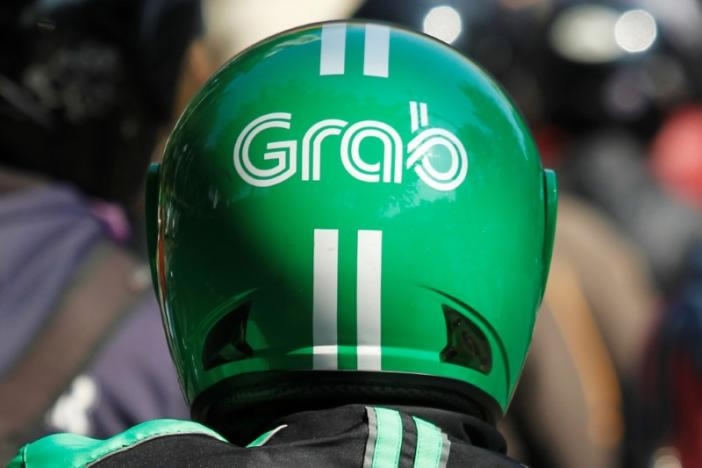
Business
21:43, 02-Jul-2017
Indonesia sets tariff ranges for online car-hailing services

Indonesia has set minimum and maximum tariffs for online car-hailing services, aiming to ensure comparable pricing with conventional transport providers whose drivers have complained about being undercut by their newer competitors.
Ride-hailing services such as US group Uber Technologies Inc, Southeast Asia's Grab and Indonesia's GO-JEK have heavily subsidized their drivers in Indonesia in order to gain market share in the country of 250 million people, analysts say.
The transport ministry said it had set a tariff range for online car-hailing services of 3,500-6,000 rupiah ($0.26-$0.45) per kilometer for the islands of Java, Bali and Sumatra.
For Kalimantan, Sulawesi, Nusa Tenggara, Maluku and Papua, the range is 3,700-6,500 rupiah per kilometer.
The regulation kicked in on July 1 and will be evaluated in the next six months, the ministry said in a statement.
"There has to be a balance between conventional and online transport, so that has to be regulated," Pudji Hartanto Iskandar, director-general of land transport at the ministry, told Reuters news agency by phone.

The helmet of a Grab bike rider is seen during rush hour traffic in Jakarta, Indonesia, July 18, 2016. /Reuters
The helmet of a Grab bike rider is seen during rush hour traffic in Jakarta, Indonesia, July 18, 2016. /Reuters
Indonesia's two biggest established taxi operators are PT Blue Bird Tbk and PT Express Transindo Utama Tbk, whose shares have fallen on investor concerns about competition from the cheaper ride-hailing services.
Drivers of Blue Bird and Express have called for a ban on ride-hailing services, claiming they were subject to less stringent requirements than conventional taxis.
Uber said in an emailed statement it had yet to receive a copy of Indonesia's regulations.
"However, we remain committed to working with the government to find a path forward that accommodates the interests of riders and driver partners and supports innovation, competition and customer choice," Uber said.
Grab and GO-JEK did not immediately respond to requests for comment.
(Source: Reuters)

SITEMAP
Copyright © 2018 CGTN. Beijing ICP prepared NO.16065310-3
Copyright © 2018 CGTN. Beijing ICP prepared NO.16065310-3